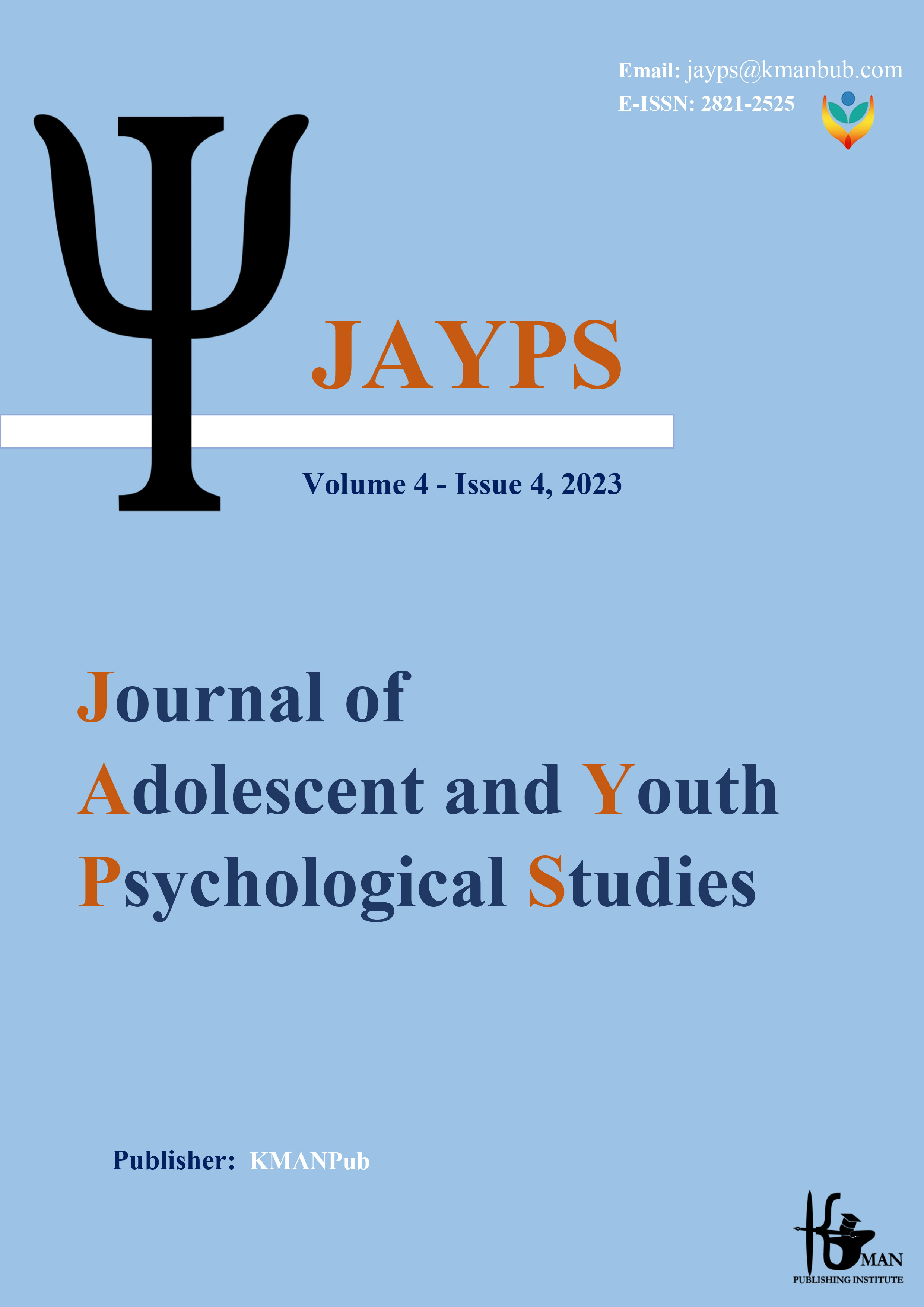Comparing the effectiveness of integrative couple therapy and reality therapy on the quality of marital relationships and dysfunctional attitudes in incompatible couples
Keywords:
dysfunctional attitude, couples therapy, incompatible couples, marital relationship quality.Abstract
Background and Aim: Marital relationships are the primary source of support and affection, and spouses are expected to show an exclusive relationship, honesty, interest, affection, as well as intimacy and support. purpose of this research was to compare the effectiveness of integrative couple therapy and reality therapy on the quality of marital relationships and dysfunctional attitudes in incompatible couples. Methods: The current research was a semi-experimental type with a pre-test-post-test design with a control group. The statistical population included all the couples who referred to the counseling centers of Amol city during May 2021, who referred due to incompatibility or the psychologists of the center identified the cause of the conflict as incompatibility. The sample size is 30 couples (60 people) (10 couples in the first experimental group, 10 couples in the second experimental group, and another 10 couples for the control group) from the entire statistical population, cluster sampling method was used, and finally with this method, out of five centers were used to select samples. For the first experimental group, integrative couple therapy was implemented using Christensen and Jacobson's integrative couple therapy (2000), for the second experimental group, reality therapy group training sessions were implemented using Glasser's (1965) reality therapy protocol. The questionnaires of the study were Busby et al.'s Marital Relationship Questionnaire (1995) and the questionnaire of dysfunctional attitudes was Weizman and Beck (1978). Findings were analyzed using repeated measures with a mixed design. Results: The results of the research showed that integrative couple therapy increased the quality of marital relationships (P<0.001, F=46.30) and reduced ineffective attitudes (P<0.001, F=62.35) has been effective. Conclusion: Therefore, it can be concluded that integrative couple therapy was effective in improving the quality of marital relations and dysfunctional attitudes of incompatible couples.
Downloads
Downloads
Published
Submitted
Revised
Accepted
Issue
Section
License

This work is licensed under a Creative Commons Attribution-NonCommercial 4.0 International License.









